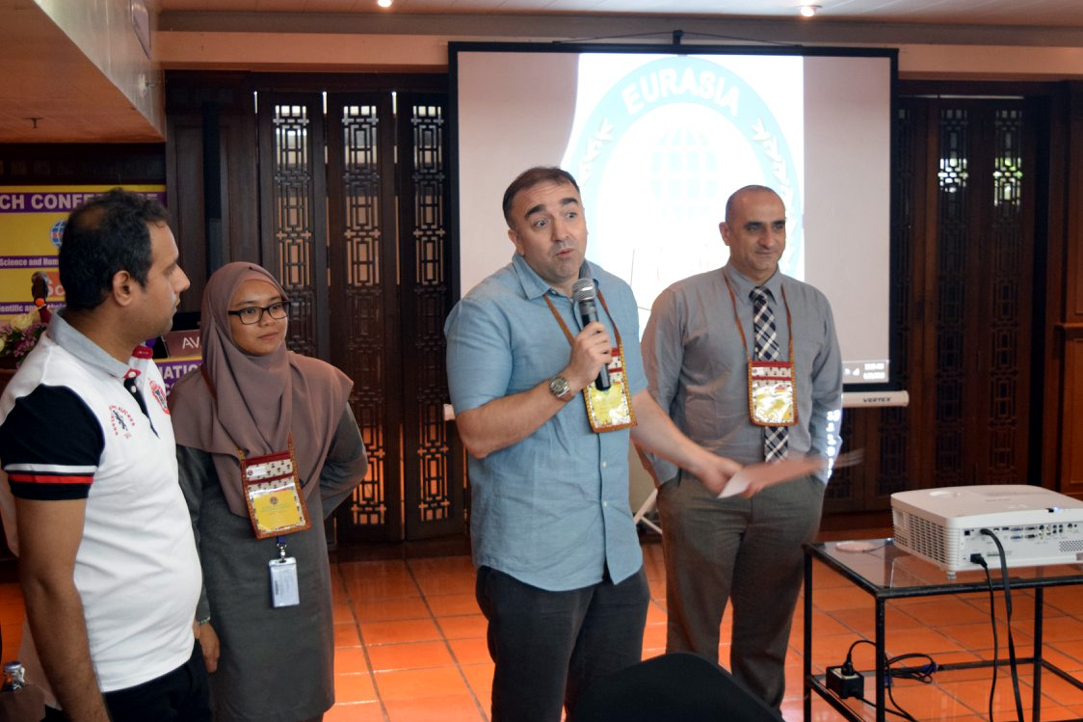- A
- A
- A
- ABC
- ABC
- ABC
- А
- А
- А
- А
- А
- HSE University
- Faculties
- Faculty of World Economy and International Affairs
- School of International Affairs
- News
- Status and Power Transitions; Explaining Russia and China's Diverging Approaches to Status Seekin
-
The School
17/1 Malaya Ordynka Str., Moscow, 119017
Likhacheva A., Strelnikova I., Kharina O. et al.
M.: CCEIS of HSE University, 2024.
Strelnikova I., Chistikov M., Shuranova A.
Russia in Global Affairs. 2025. Vol. 23. No. 2. P. 23-37.
Korneev O., Kluczewska K.
In bk.: EU–Central Asian Interactions: Perceptions, Interests and Practices. Abingdon: Routledge, 2024. Ch. 3. P. 38-58.
In press
International Relations. IR. Издательский дом НИУ ВШЭ, 2023
17/1 Malaya Ordynka Str., Moscow, 119017

Status and Power Transitions; Explaining Russia and China's Diverging Approaches to Status Seekin

Though both China and Russia are dissatisfied with their current status in the international order, the nature of their dissatisfaction is different. The paper explores these differences by comparing their foreign policies and by examining academic and expert debate in both countries. China, a rising power, is primarily concerned with status inconsistency, i.e. that its status gains are not keeping pace with its growing material capabilities. Russia, a declining power, exhibits status anxiety, i.e. it fears that its declining capabilities will lead to a loss of great power status. These different forms of status dissatisfaction produce different policies. China tries to gradually shape the evolution of the international order in ways that increase its status and is careful not to undermine the parts of the order that contribute to its rise. Russia openly challenges the order and is willing to destabilizing it if this can lead to status gains that reverse its decline. These findings add to the growing literature on status by exploring the different forms that status dissatisfaction can take and tracing their effects on status seeking behavior. This, in turn, helps us develop a better understanding of the power transitions currently under way in the international system.
- About
- About
- Key Figures & Facts
- Sustainability at HSE University
- Faculties & Departments
- International Partnerships
- Faculty & Staff
- HSE Buildings
- Public Enquiries
- Studies
- Admissions
- Programme Catalogue
- Undergraduate
- Graduate
- Exchange Programmes
- Summer Schools
- Semester in Moscow
- Business Internship
-
https://elearning.hse.ru/en/mooc/
Massive Open Online Courses
-
https://www.hse.ru/en/visual/
HSE Site for the Visually Impaired
-
http://5top100.com/
Russian Academic Excellence Project 5-100
- © HSE University 1993–2025 Contacts Copyright Privacy Policy Site Map
- Edit

